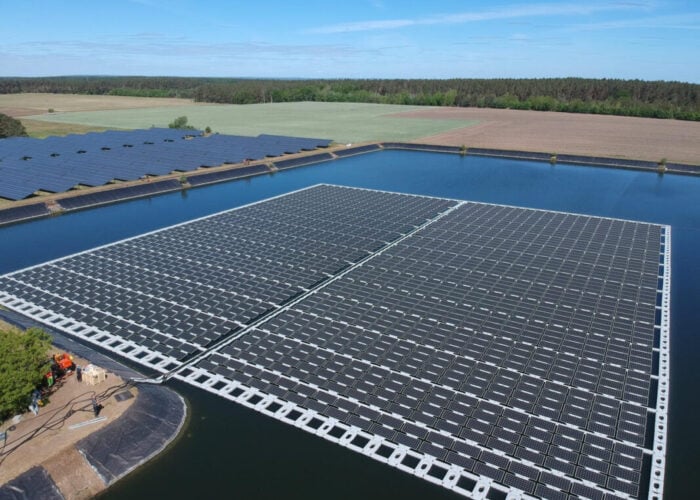SolarCity has announced a new partnership with smart-metering company Nest, starting with an offer of 10,000 Nest thermostats to new customers in California.
The firm is building connections with the Nest Learning Thermostat to improve solar integration capabilities and generate extras savings for homeowners.
Unlock unlimited access for 12 whole months of distinctive global analysis
Photovoltaics International is now included.
- Regular insight and analysis of the industry’s biggest developments
- In-depth interviews with the industry’s leading figures
- Unlimited digital access to the PV Tech Power journal catalogue
- Unlimited digital access to the Photovoltaics International journal catalogue
- Access to more than 1,000 technical papers
- Discounts on Solar Media’s portfolio of events, in-person and virtual
In the long-term, the company plans to be able to regulate home air conditioners, pool pumps and other appliances based on the availability of solar power. The move is part of a wider trend for solar companies eager to add consumer-friendly energy services to their offering.
The thermostats from Google-owned Nest will be given to new customers with compatible air conditioning systems who agree to connect the thermostat to SolarCity under the ‘Works with Nest’ programme.
By itself the Nest thermostat already creates savings by programming itself to track homeowner behaviours regarding temperature and producing a custom schedule for the home. Results from three recent independent energy-savings studies show that, on average, it can save customers about 10-12% on heating bills and 15% on cooling.
This is the latest partnership between the solar industry and smart home technologies following SunPower investing US$20 million into energy management software firm Tendril last December. Enphase has also partnered with Nexia Home Intelligence and France’s Mylight Systems to integrate data from microinverters into home energy management systems.
Omar Saadeh, senior grid analyst at GTM Research, said: “We’re at a point in history where the price points have decreased enough to stimulate consumer interest in connected devices.”
Referring to Enphase's partnerships with home energy management systems he added: “Now they’re looking at the home more holistically. A lot of other players in the home don’t have that unique perspective just because they don’t have the data coming off the solar panel or the inverter.”






